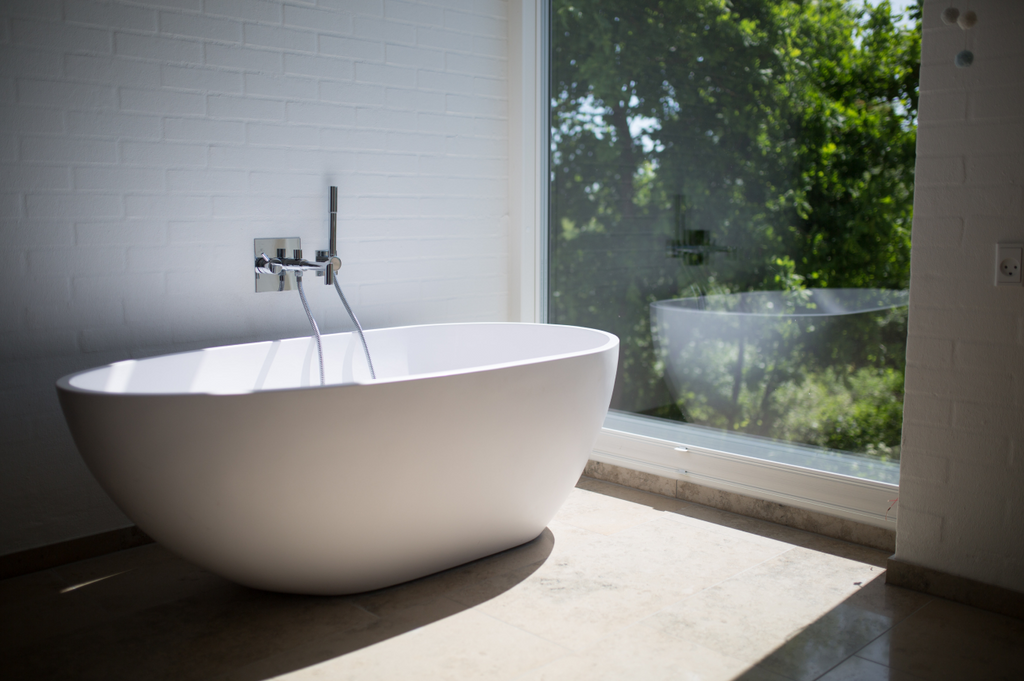ATLANTIS QUUB PARADIGM SHOWER KIT 900X900
Description
The Quub Paradigm 2 wall shower was designed with simplicity in mind. A solid, acrylic shower tray that includes factory fitted glazing channels, creating a blank canvas for your imagination.
- Comes with Pure White tray
- Low profile 50mm hob entry
- Central EasyClean waste supplied
- White insert draincover included
- 85mm wall upstand
- Easy to Install
- Includes Shower Door set, Waste and Tray only*
- One-piece fibreglass construction
- 7-year leakfree warranty on base
- Chrome fittings
- Excludes Liner

Frequently Asked Questions
How long will my order take
Once you place an order with us, if the item is in stock, we will dispatch any orders before 12pm same day. After 12PM the following day. Our couriers are usually overnight, however depending on the courier workload, it can take up to 5 working days.
Any Bigger items by Freight truck usually takes 1-4 working days North Island. 4-8 working days South Island.
What size waste do I need for my bath & basin?
Unless a plumber has speicified a different size,
Basin Wastes are 32MMBath wastes are 40MM
What colours do our custom pieces come in?
Our vanities are available in Melteca from NZ panels. Choose from the Bestwoods or Primepanels ranges. Are vanities are alos available in any Resene paint finish.
Our Stonetops can be made in any Smartstone or Uniquartz Colour.
What is the difference between a 12volt and 24volt heated rail and ladders?
What is Low Voltage?
According to the Australia and New Zealand Standards – Electrical Wiring Rules AS/NZS 3000:2018 low voltage is anything "Not exceeding 12 Volts AC or 30 Volts ripple-free DC".
What does “Wet Area Suitable” mean?
Products that are “Wet Area Suitable” have a suitable IP (Ingress Protection) rating that enables them to be installed in what is classified as Zone 1 in the bathroom. See Bathroom Zones
Bathroom Zones
The Australia and New Zealand Standard AS/NZS 3000:2018 identifies the zones in a bathroom and the IP rating required for electrical items installed in each zone. The illustration shown here is a guide only, for full details please refer to Australia and New Zealand Standard AS/NZS 3000:2018.







